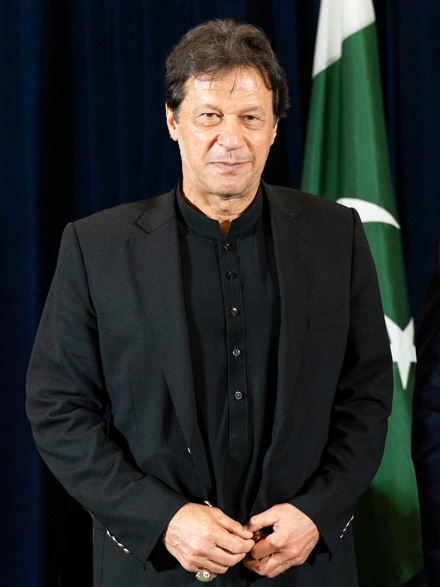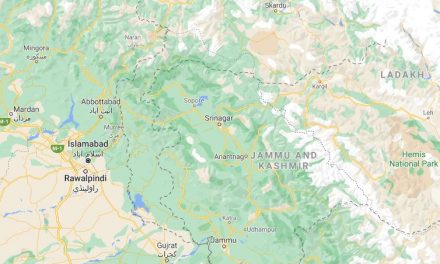Prime Minister Imran Khan’s turbulent time at the ”Red Zone” has finally ended following weeks of highly charged political drama amidst total constitutional chaos, making him the only Prime Minister in Pakistan’s history of losing the No-confidence vote, an unwanted record for the ‘Kaptan’ but at least it did not get medieval like does typically in Pakistan.
Thursday, April 7, the Apex court of Pakistan had delivered a verdict that had sought to disband and mandated a vote of no confidence which he was desperate to avoid. He had to quit or face the utter humiliation of being forced out as a face-saving measure. Instead, he decided to go out swinging. Khan’s political party, the Pakistan Tehreek-e-Insaf (PTI), had lost the support of its key coalition allies, denying him the mandate required to stay in office. The second more compelling factor was that he had recently fallen off the good books and lost the backing of the most important institution in Pakistan, the powerful Pakistan military.
In 2018, the military had helped him come to power, but the marriage of convenience didn’t even last five years. Both PTI and the Deep state have denied any allegation; however, it is beyond doubt that Rawalpindi was not very satisfied and inclined to keep Khan as the Prime Minister of Pakistan.
The house speaker said that opposition parties could secure 174 votes in the 342-member House in support of the no-confidence motion, making it a majority vote. It is also to be noted here that a significant number of MP’s from the ruling party stayed away from the vote under some sort of mysterious circumstances.
In recent months, the principal opposition parties of Pakistan had ramped up their support and efforts combined together to dislodge Khan as the coalition parties even became more vocal and raised open dissatisfaction against the present government.
“As far as governance was concerned, the government had totally failed,” said Senator Anwaar ul Haq Kakar of the Balochistan Awami Party (BAP), a coalition ally that withdrew support for Khan in late March.
The acrid mood among the bureaucracy was also being resonated as key members like Nadim Afzal Cham, the special assistant to the Prime Minister, resigned from his post and re-joined the opposition political party in early March.
The deep plummeting crisis of the economy has also been one of the main reasons for general resentment amongst the masses against the government.
In February, the announcement of cutting domestic fuel and electricity prices as the global rate surged had a terrible blowback effect on the economy. This added more pressure two Pakistan’sPakistan’s fiscal deficit and balance of payments as the Rupee fell to the historic lowest against the US dollar. The State Bank of Pakistan was forced to increase the interest rates steeply as an emergency. Uncontrolled inflation, fertilizer shortage and local level policing within high hands were probably the last few straws on the camel’s back.
In October last year, the simmering civil-military tensions exploded and reached new heights in the public domain when Khan deliberately tried to retain the Lieutenant General as the head of the infamous spy division (ISI), effectively rejecting the nominee by the army chiefs supremo, General Bajwa. However, his nominee Lieutenant-General Nadeem Anjum was eventually appointed as the new director-general of Inter-Services Intelligence. The weeks-long standoff had sown the seeds of discontent with the ever influential military and the fragile political leadership.
With the recent tensions in Eastern Europe, Khan visited Moscow to pledge allegiance to the Russian Federation in its invasion of Ukraine. However, the military still had deep stakes with the United States, and perhaps there could have been a bigger agenda to upset the delicate balance which came into being. In response, Khan had alleged that the Super Powers were conspiring against him, and as evidence of the plot, Khan waved a letter in a public rally in Islamabad on March 27, claiming the US had delivered a diplomatic warning to Pakistan remove him as prime minister. Retired military official, Air Vice-Marshal Shahzad Chaudhry, suggested the tensions with the military also concerned Khan’sKhan’s mercurial style of governing. Both are defeated internally inside the parliament and battered outside, and it is evident that Khan is probably on his last innings out. The cynical nature of the internal politics in Pakistan has, however, seen former Prime Ministers rebound back. Only time can tell us if the Kaptan gets a third umpire’s decision to reverse his dismissal.
Image Courtesy: The White House
















